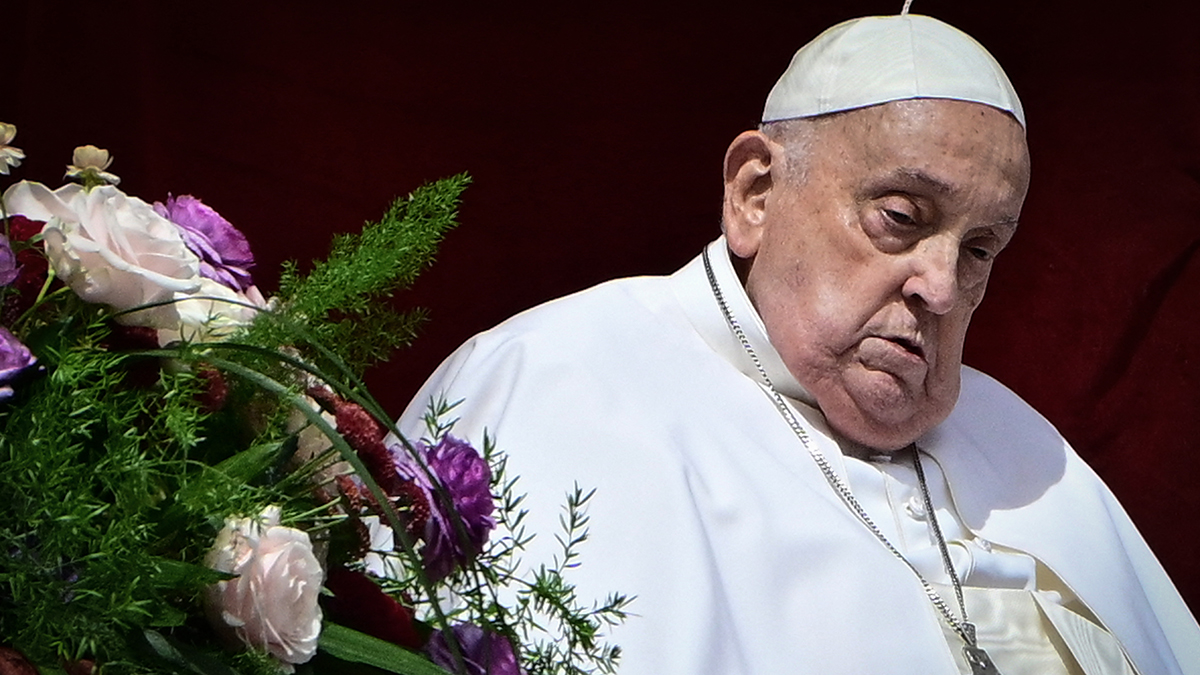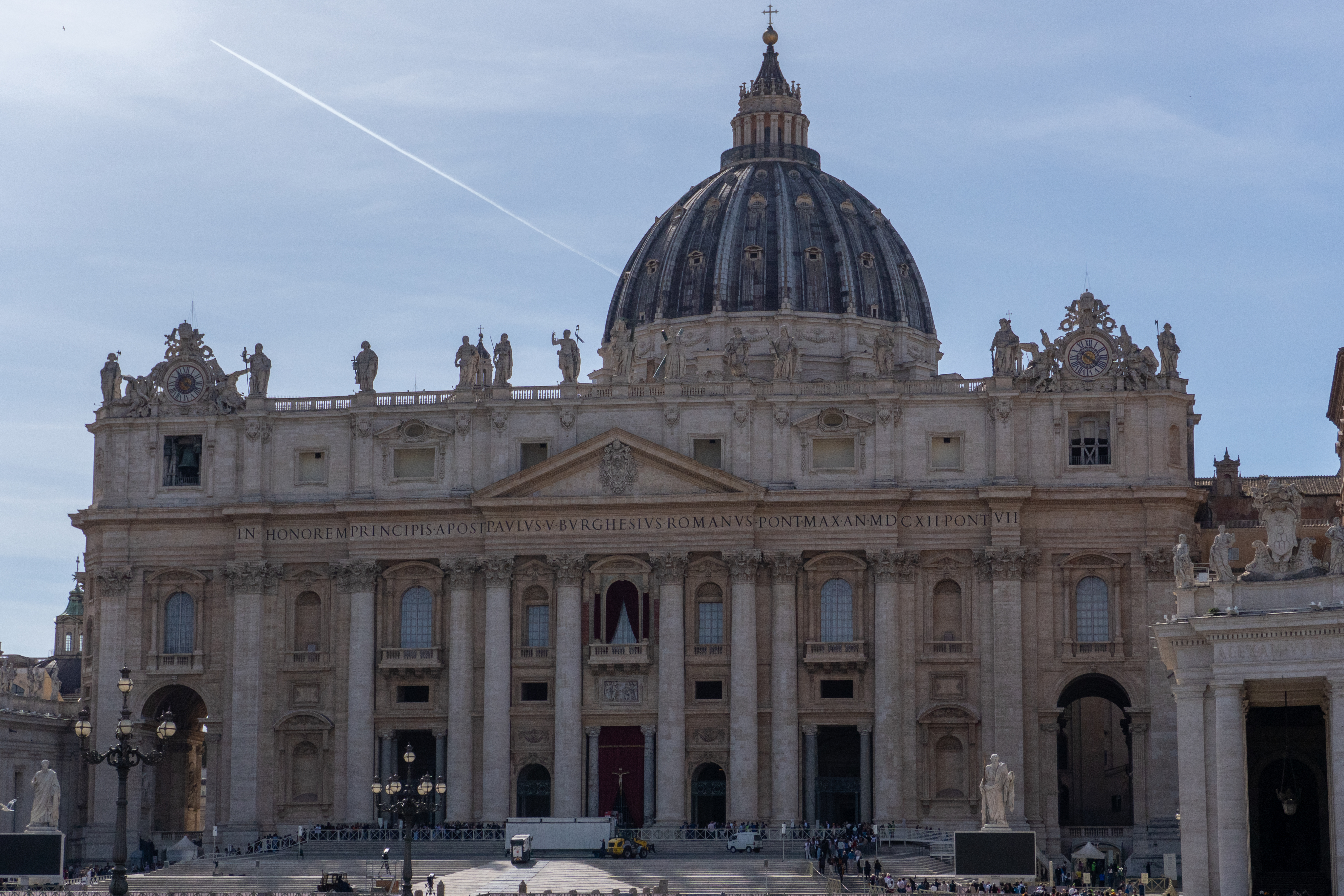Pope Francis Death: Vatican Reveals Official Cause of Death
Pope Francis' Passing: Vatican Releases Official Health Report
A World Mourns: Understanding Pope Francis' Final Days
The world recently bid farewell to Pope Francis, a figure who transcended religious boundaries with his message of compassion and commitment to social justice. His passing marked the end of an era, leaving many to wonder about the circumstances surrounding his death. What exactly led to the loss of this influential leader? Let's delve into the details provided in the Vatican's official health report.
Official Cause of Death: Cerebral Stroke and Cardiac Arrest
According to the Vatican's official statement, Pope Francis passed away due to complications stemming from a cerebral stroke. This stroke ultimately led to a coma and irreversible heart failure, marking the end of a life dedicated to service and faith.
Breaking Down the Medical Terminology
The specific causes of death, as outlined in the report, include: cerebral stroke, coma, and "irreversible cardiocirculatory collapse." But what do these terms really mean? Let's break it down:
- Cerebral Stroke: Occurs when blood supply to the brain is interrupted, depriving brain tissue of oxygen and nutrients.
- Coma: A prolonged state of unconsciousness, in which a person is unresponsive to their environment.
- Irreversible Cardiocirculatory Collapse: The complete and irreparable failure of the heart and circulatory system to maintain blood flow.
The Location of Passing: Domus Santa Marta
Pope Francis passed away in his apartment at the Domus Santa Marta, located within Vatican City. This residence served as his home, a place where he lived a relatively simple life despite his prominent position. Can you imagine the history contained within those walls?
Pre-Existing Conditions: A Contributing Factor
The Vatican's death notice also shed light on Pope Francis' pre-existing health conditions. These conditions played a significant role in his overall health and contributed to the severity of the final events.
Acute Respiratory Failure and Pneumonia
The report mentions a previous episode of acute respiratory failure resulting from bilateral multimicrobial pneumonia. This indicates a severe lung infection that compromised his ability to breathe adequately. Think of it like this: Imagine trying to run a marathon with damaged lungs – it's an uphill battle.
Multiple Bronchiectasis
Pope Francis also suffered from multiple bronchiectasis, a condition characterized by the permanent widening of the airways in the lungs. This can lead to chronic infections and difficulty clearing mucus. Bronchiectasis weakens the lungs making it difficult to recover from infections.
Arterial Hypertension and Type II Diabetes
Furthermore, the Pope had arterial hypertension (high blood pressure) and type II diabetes. Both of these conditions are known to increase the risk of cardiovascular problems and stroke. These factors are always manageable, however, with old age it is more difficult to keep them under control.
Global Reaction: Bells Toll in Remembrance
As news of Pope Francis' death spread, bells tolled in Catholic churches around the world, from his native Argentina to the Philippines and across Rome. This symbolic gesture reflected the profound impact he had on countless lives. The bells represented a collective moment of mourning and remembrance, a final tribute to a leader who inspired millions. This highlights the deep global connection he had with people from all different backgrounds.
Pope Francis' Legacy: A Shepherd to the World
Pope Francis, the first Latin American pontiff, leaves behind a legacy of humility, compassion, and a relentless pursuit of social justice. He championed the cause of the poor, challenged the excesses of capitalism, and advocated for urgent action on climate change.
A Humble Approach
His humble style and down-to-earth demeanor resonated with people from all walks of life. He chose to live a simple life, rejecting the opulent trappings often associated with his position. He truly embodied humility in a very inspiring way.
Advocating for the Poor
Pope Francis consistently spoke out against poverty and inequality, urging world leaders to address the root causes of these issues. He reminded us that we are all connected and that we have a moral obligation to care for the most vulnerable among us. It's a constant theme throughout his entire pontificate.
Challenging Capitalism and Climate Change
He wasn't afraid to critique capitalism and its impact on the environment, calling for a more just and sustainable economic system. His encyclical Laudato Si' served as a wake-up call to the world, urging us to protect our planet for future generations. He was definitely not afraid to call out issues that he considered to be important for all of humanity.
Remembering His Influence: Beyond the Religious Realm
While a spiritual leader, Pope Francis' influence extended far beyond the religious realm. He engaged in diplomacy, advocated for peace, and addressed critical social issues, making him a respected voice on the world stage. His impact was so significant that it made him a leader who transcended the religious realm. He brought hope to people around the world who felt marginalized and forgotten.
The Future of the Papacy: What Lies Ahead?
With the passing of Pope Francis, the Catholic Church now faces the task of selecting a new leader. This process, steeped in tradition and prayer, will determine the direction of the Church for years to come. Who will be the next successor of St. Peter? Only time will tell!
Conclusion: A Life of Service and Inspiration
Pope Francis' death, attributed to a cerebral stroke leading to heart failure and complicated by pre-existing conditions, marks the end of a remarkable life. His legacy of compassion, humility, and unwavering commitment to social justice will continue to inspire generations to come. He leaves behind a world forever changed by his presence, a world that will remember him as a true shepherd to all.
Frequently Asked Questions (FAQs)
Here are some frequently asked questions regarding the passing of Pope Francis:
- Q: What was the primary cause of death for Pope Francis?
- A: The primary cause of death was a cerebral stroke, leading to a coma and irreversible heart failure.
- Q: Where did Pope Francis pass away?
- A: Pope Francis passed away in his apartment at the Domus Santa Marta, located within Vatican City.
- Q: Did Pope Francis have any pre-existing health conditions?
- A: Yes, he had a history of acute respiratory failure due to pneumonia, multiple bronchiectasis, arterial hypertension, and type II diabetes.
- Q: What is Pope Francis' legacy?
- A: Pope Francis is remembered for his humility, compassion, advocacy for the poor, and his efforts to address climate change and social injustice.
- Q: How is the next Pope chosen?
- A: The next Pope is chosen by a conclave of cardinals, who gather in the Vatican to elect a successor through a secret ballot process guided by prayer and tradition.

